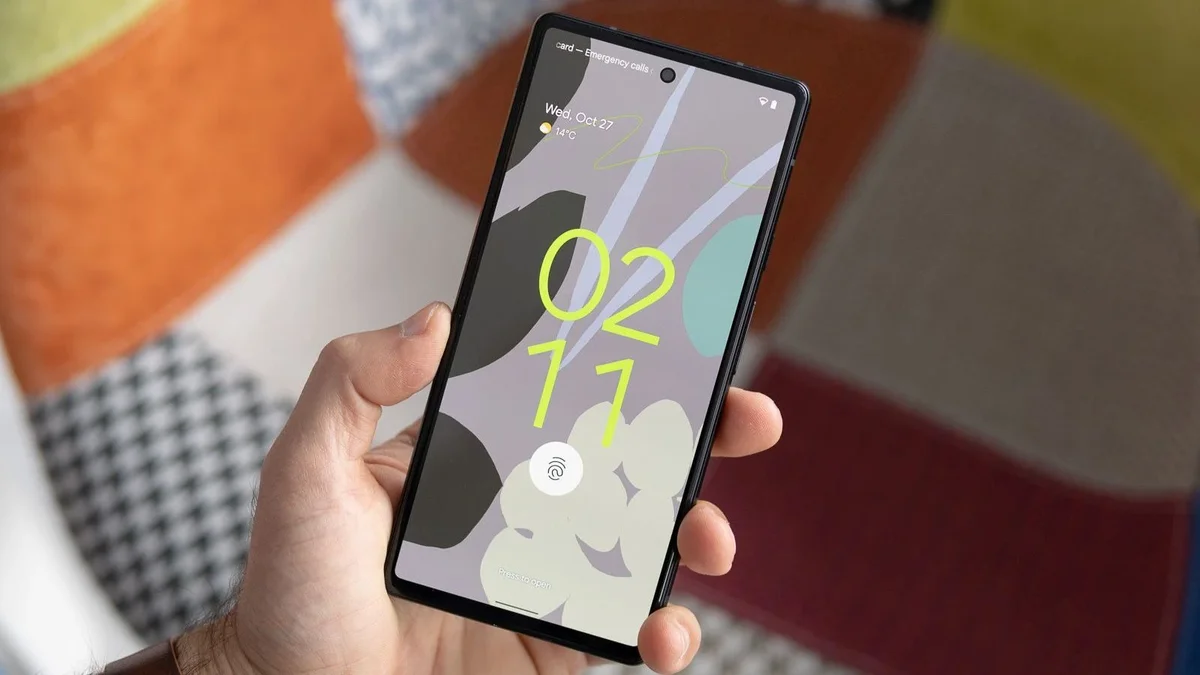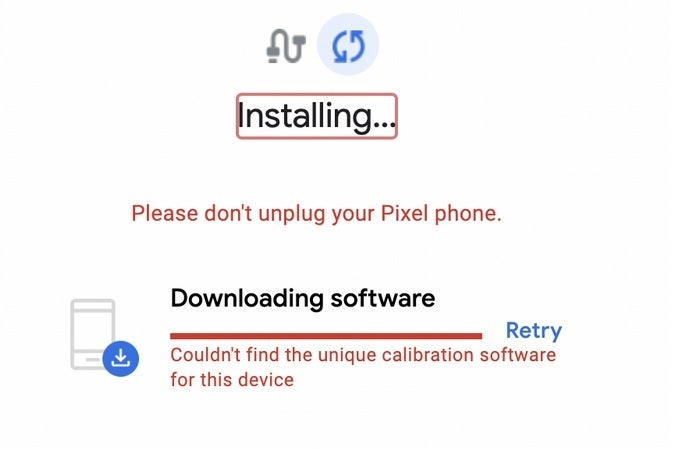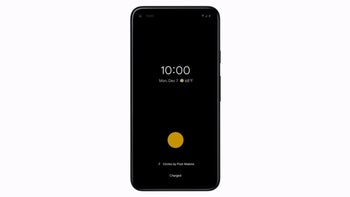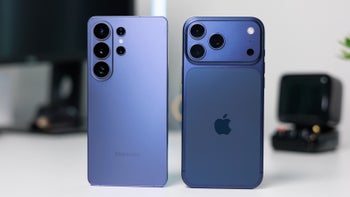Pixel 6 fingerprint calibration tool fails
We may earn a commission if you make a purchase from the links on this page.

The under-display fingerprint scanner for the Pixel 6 and Pixel 6 Pro has been heavily criticized as being inaccurate and slow even after an update was pushed out in January to fix the issues. There has been some talk about Google using an upcoming quarterly feature drop to add Face Unlock capabilities to the Pro variant. This is Google's facial recognition system that was offered on the Pixel 4 series.
For one reason or another, most likely cost, Google settled on using an optical sensor instead of a faster and more accurate ultrasonic sensor. As it stands, some Pixel 6 series users say that they would have preferred the scanner be placed on the rear panel as found on every Pixel model save for the Pixel 4 and Pixel 4 XL.
Google's calibration tool for the Pixel 6 line is failing
To help Pixel authorized repair centers deal with the first under-display fingerprint scanner used on a Pixel phone, Google created a tool that helps a technician calibrate the fingerprint sensor in case the phone has been repaired. As noted by 9to5Google, that leads us to a Mr. Louis Rossmann who owns a repair shop in New York City.


A Right to Repair supporter, Rossmann posted a video on YouTube and cited threads posted on Google's forum from Pixel 6 series owners who were replacing the display on their own handsets. As one screenshot shows, the calibration tool released by Google was failing which resulted in a message on the display that read, "couldn't find the unique calibration software for this device." On Reddit, there is a somewhat entertaining story about a Pixel 6 Pro owner who cracked the screen on his device and had to take it to multiple uBreakIFix locations to get the display fixed and the fingerprint scanner calibrated correctly.
Rossmann's video contains a big tip for those who like to do their own repairs. He says that when a company says that there is no need for 'right to repair' because they are already doing it, you should dig and keep digging to go beyond a self-serving public relations approved statement.
Get the Google Pixel 6 or Pixel 6 Pro
Is this a legitimate software bug, or did Google make it impossible for the Pixel 6 display to be replaced by phone owners? Remember, calibrating the fingerprint sensor is required after the screen is replaced. So did Google do this on purpose to dissuade its customers to repair their own devices or is the problem with the calibration tool an honest software mistake. Rossman calls it a coin flip.
He also says that it could have started as a software bug but was left to fester making it an intentional act by Google. For example, once the software flaw is brought to Google's attention and the company ignores the problem, it would seem to be intentional at that point.
The public overwhelmingly favors Right to Repair legislation
Remember, the battle over Right to Repair isn't just about allowing the device owner to fix his own phone. It is about the big manufacturers also allowing the independent repair shops (the 'little guys') to obtain the parts and tools necessary to fix a phone. A company like Google usually demands that a Pixel owner ship a defective or broken phone back to the company or have it brought to an authorized Pixel repair center.

The Pixel 6 fingerprint calibration tool is not working
The Right to Repair supporters seek legislation that would force manufacturers to make replacement parts, tools, and documentation available to third-party repair shops. A study conducted a couple of years ago found that the majority questioned, 55%, had no idea what Right to Repair was. Only 11.3% of the 1,065 people asked in the U.S. were familiar with the issues.
Based on their knowledge or first impressions of the issues, 74.5% said that they support Right to Repair legislation. Only 1.9% said that they would refuse to support such legislation.
Follow us on Google News














Things that are NOT allowed:
To help keep our community safe and free from spam, we apply temporary limits to newly created accounts: